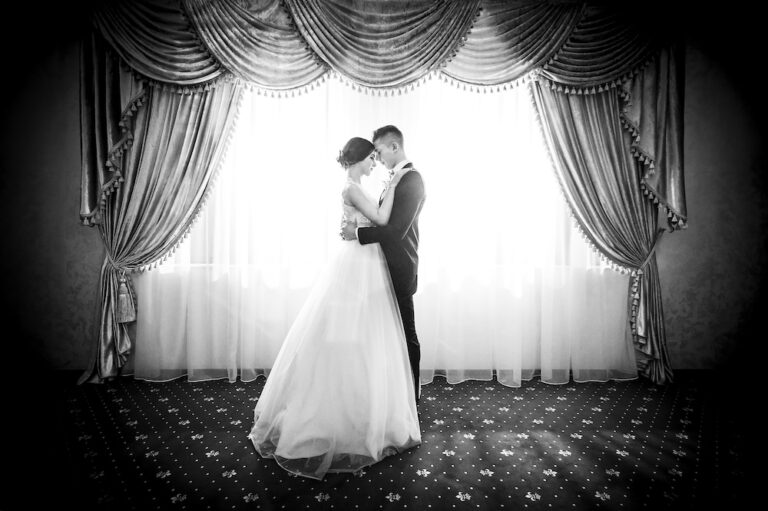Bélénos
Long before the Romans arrived, the Gauls worshipped their own gods, including Bélénos, a deity linked to light, the sun, and healing. He’s one of the few well-attested Celtic gods, and you may have seen his name pop up in Astérix comics.
Who Was Bélénos?
The name Bélénos likely comes from the Celtic root belo- or beleno-, meaning bright or shining. It can be interpreted as “The Shining One” or “The Radiant God.”
Bélénos was especially worshipped in Gaul (modern-day France), but dedications to him have also been found in other parts of the Roman Empire, including northern Italy and Austria. The Romans associated him with Apollo, their god of the sun and healing, as part of their effort to integrate local gods into their own pantheon.
Roles and Powers
Bélénos had multiple roles, much like other gods in Celtic and Roman traditions:
- God of the sun and light: He symbolized warmth, clarity, and life-giving energy.
- Healer and protector: He was especially linked to hot springs and thermal waters, which were seen as sources of health and divine power.
- Guardian of the people: He may also have been called upon to protect communities and bring prosperity.
Some scholars believe that the ancient Celtic festival of Beltaine (May 1st) was connected to Bélénos, celebrating the return of light and warmth. The similarity in the names suggests a possible link, although this remains speculative.
Evidence from Antiquity
Inscriptions and dedications to Bélénos have been discovered in several ancient towns, including:
- Aquileia (northern Italy),
- Clermont-Ferrand (central France),
- Vienne (southeastern France).
Some inscriptions refer to him as Belenus Augustus, showing how Roman and local religious traditions merged.
Bélénos in Astérix books
Bélénos’ name survives in Astérix books via expressions such as:
- « Par Bélénos ! » – equivalent to “By the gods!” or “Good heavens!”
- « Nom d’un Bélénos ! » – a humorous or dramatic exclamation, much like “Name of all that’s holy!”






